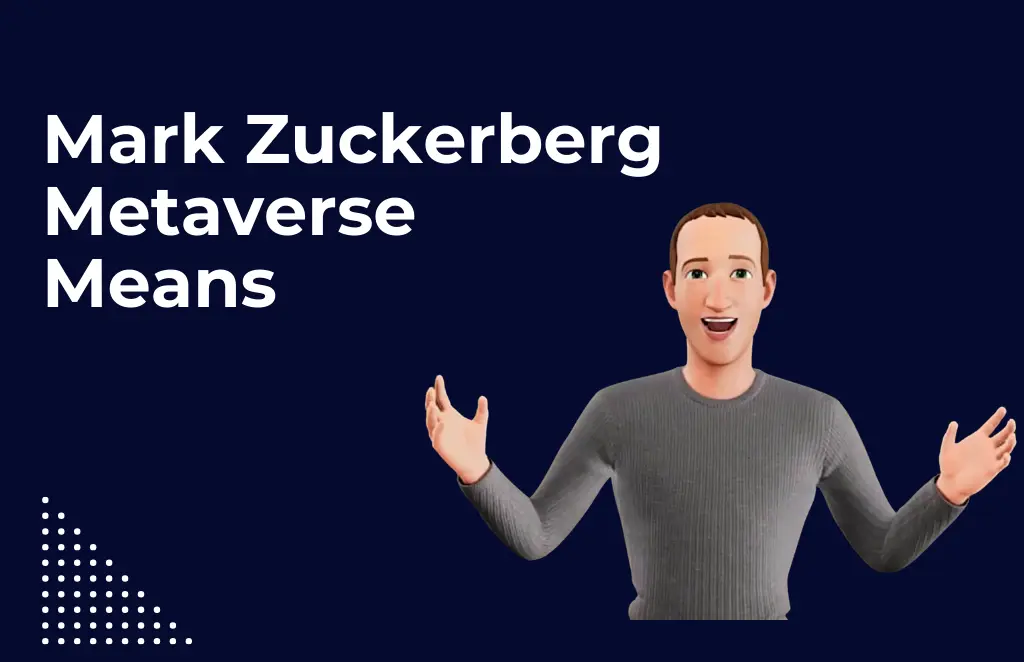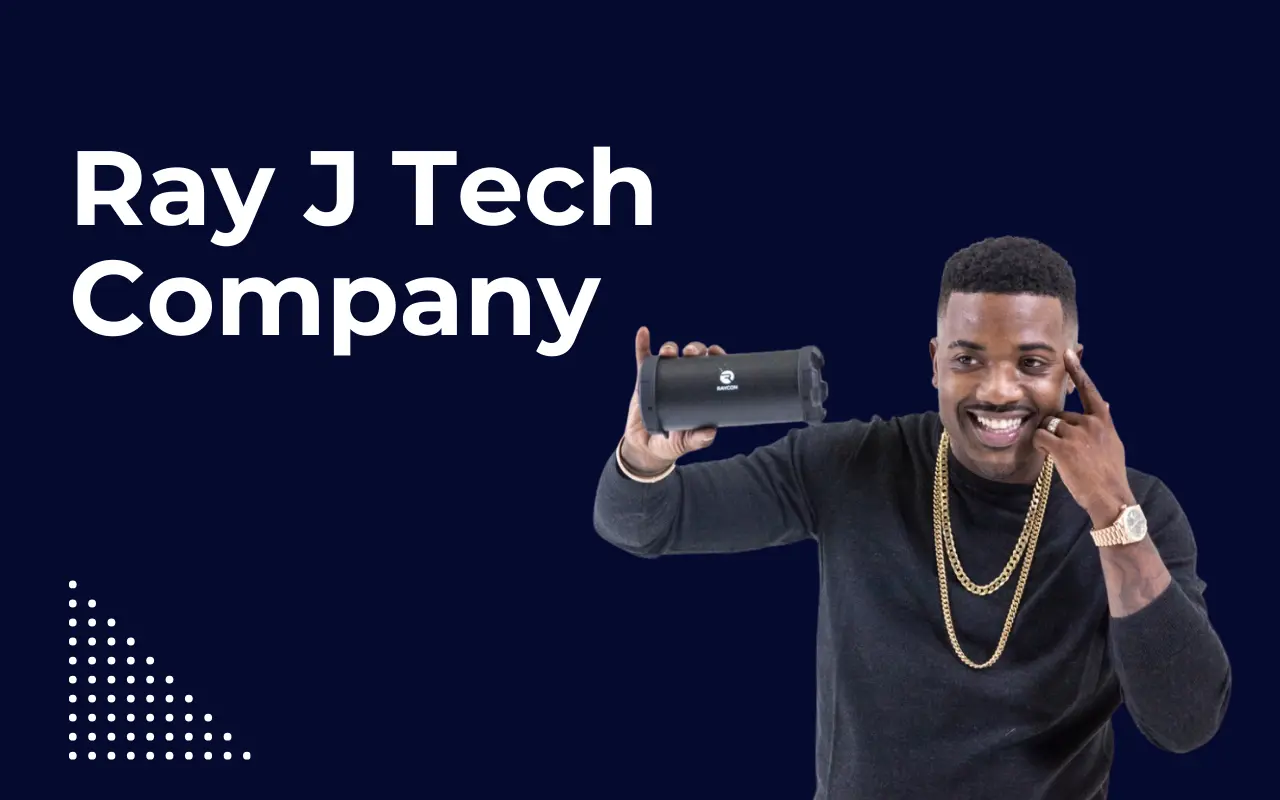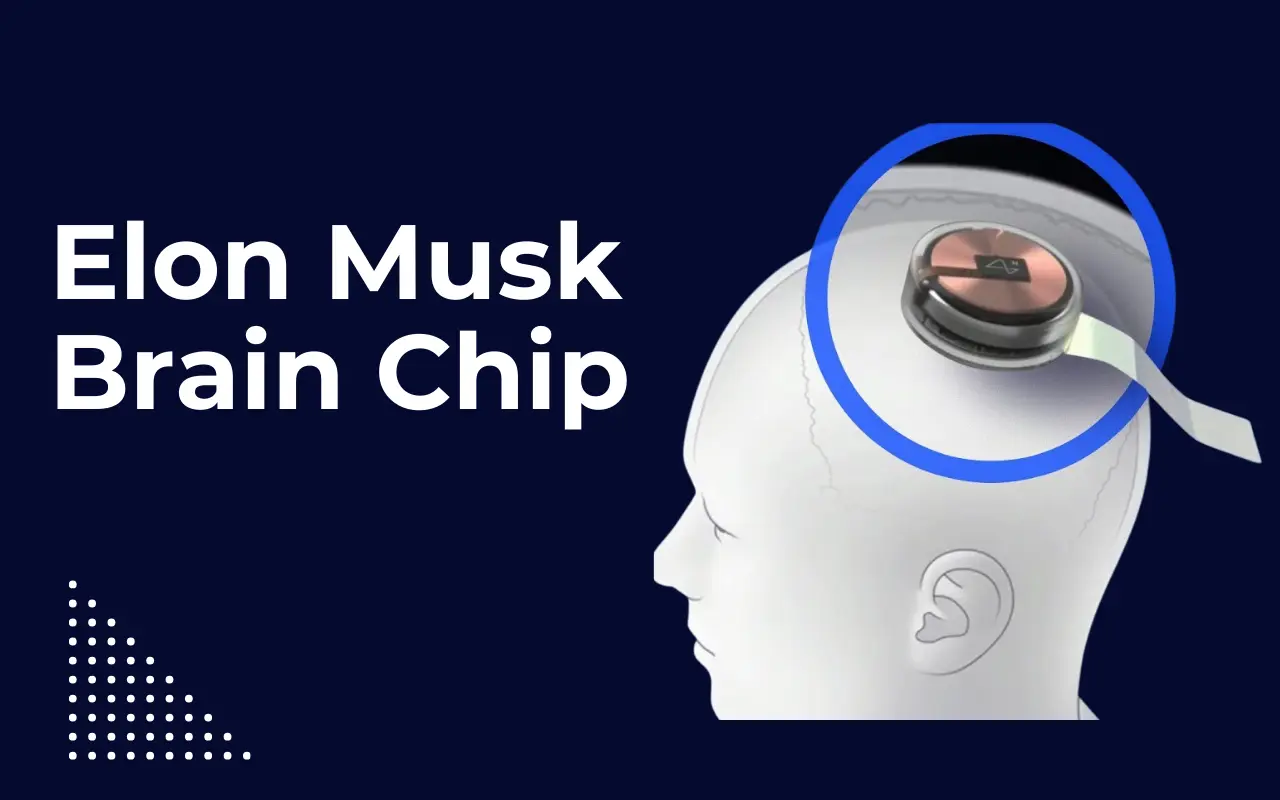Mark Zuckerberg metaverse introduced the vision for the next stage of the internet. He believes the future won’t be limited to scrolling on flat screens or tapping apps. Instead, people will step into immersive digital spaces where they can work, socialize, and build virtual lives. This idea led him to rename Facebook as Meta, signaling a major shift in direction. His goal is not just to improve social media, but to redefine how humans interact with technology itself.
The metaverse, however, is not some finished product. Right now, it exists in pieces. Virtual reality headsets, 3D digital spaces, and social platforms are early versions of what he imagines. While some people see this as the future of human connection, others view it as an expensive experiment. The truth lies somewhere in between. This article breaks down Zuckerberg’s metaverse plan, its current reality, and what it actually means for the future.
Mark Zuckerberg Metaverse Means

For Zuckerberg, the metaverse is not just virtual reality or gaming. It is a digital environment where people can live parts of their social and professional lives. Instead of watching content, users would experience it. Instead of just chatting online, they would meet inside virtual spaces using avatars.
He compares it to the next evolution of the internet. First, we had text. Then images and video. Now, he believes the next step is presence. Presence means feeling like you’re actually with someone in a shared space, even if they’re thousands of miles away. That feeling of being “together” is at the core of his metaverse idea.
But building this requires advanced technology and deep behavior change. And that’s where the challenge begins.
Why Facebook Rebranded to Meta?
The name change from Facebook to Meta was a strategic move. Zuckerberg wanted to shift the company’s identity away from being seen only as a social media platform. By rebranding, he signaled that Meta’s future lies in immersive technologies like virtual reality and augmented reality.
However, this decision was risky. Facebook was still a strong business. Many people felt it was too early to pivot so heavily. But Zuckerberg believes social media alone cannot define the next 20 years. He wants Meta to own the next computing platform, the same way Apple owns smartphones and Google dominates search.
This wasn’t just about image. It changed the company’s budget, research priorities, and long-term strategy completely.
Meta’s Current Metaverse Technology and Platforms
Meta’s progress in the metaverse mainly relies on its VR ecosystem. The Meta Quest VR headsets allow users to enter virtual spaces for gaming, social interaction, and work. They are relatively affordable compared to other high-end VR systems, which shows Meta’s focus on mass adoption.
But even with these headsets, problems remain. VR still feels heavy for long sessions. Many users don’t want to wear headsets for hours. Motion sickness and comfort issues are still common. This makes daily metaverse use unrealistic for most people right now.
Meta also built digital platforms like Horizon Worlds and Horizon Workrooms. These are virtual environments where people can hang out or work. While the idea is strong, actual user adoption is still limited. Many people try it once, then return to simpler tools.
Mark Zuckerberg’s Metaverse Vision for the Future of Work
Zuckerberg believes the future of work will not stay limited to video calls and chat tools. He imagines virtual offices where teams can sit around digital tables, brainstorm on floating whiteboards, and interact in real time. He thinks this will make remote work feel more human and connected.
In theory, it sounds practical. Designers could manipulate 3D objects together. Architects could walk through virtual buildings before they exist. Training sessions could happen in realistic simulations. This could help industries like healthcare, engineering, and education.
But the problem is comfort and habit. Most people still prefer laptops and simple tools like Zoom. Until VR becomes lighter, cheaper, and more natural, this transformation will stay slow.
Metaverse and the Future of Social Interaction
Beyond work, Zuckerberg sees the metaverse as the future of social life. He wants people to attend concerts, meet friends, and hang out in virtual spaces instead of just messaging or posting photos. In his vision, digital life becomes more immersive and more emotional.
This could be helpful for people separated by distance. Families living in different countries could meet in a shared virtual space. Friends could watch movies together. Students could attend virtual classrooms that feel more interactive than current video calls.
But critics worry about over-dependence. If people start living more in digital spaces than in real life, it could deepen social isolation. The emotional connection might increase online but weaken in the physical world.
Criticism and Public Reaction to the Metaverse
Zuckerberg’s metaverse plan has received strong criticism. Many people think he is forcing a future that people didn’t ask for. Some believe the technology is still too early and too expensive to justify such a huge investment.
Investors also expressed doubts when Meta spent billions on metaverse projects. The company’s profits were affected, and its stock took a hit. Critics argue that the money could have been used to improve existing platforms instead of chasing an uncertain future.
Still, Zuckerberg continues. He often talks about long-term vision. He believes real innovation is uncomfortable and unpopular in the beginning.
Business Model Behind the Metaverse
Meta doesn’t see the metaverse as just a technology experiment. It is a long-term business strategy. The company plans to earn through virtual advertising, digital products, paid experiences, and custom virtual tools for businesses.
For example, companies could build virtual stores. People could buy digital clothing for avatars. Businesses could pay for advanced virtual office tools, showing how virtual innovation connects with real-world ventures like Jeff Bezos Blue Origin. This creates a full digital economy, but the system only works if people actually spend time in the metaverse daily.
Right now, that habit is not there. And without users, there is no economy. That’s why this remains a risk-heavy investment.
Is Mark Zuckerberg Too Early with the Metaverse?
Some people think Zuckerberg is ahead of his time. They compare him to early tech leaders who were mocked before their ideas became normal. Smartphones, social media, and even the internet were once considered pointless by critics.
Other people believe he is simply wrong. They feel the metaverse is not a real human need, but an artificial problem created by tech companies. They argue that improving real-world interaction matters more than building artificial ones.
The truth is unknown for now. But what’s clear is that Zuckerberg is going all in. He isn’t testing the waters. He’s building the ocean.
Conclusion
Mark Zuckerberg metaverse is not a finished future. It is an evolving concept backed by heavy investment and long-term belief. Today, the technology feels incomplete and uncomfortable for most users. The vision is ambitious, but adoption is slow.
Still, big technological shifts take time. The internet itself took decades to become what it is today. The metaverse might follow the same path or fail completely. But one thing is certain. Zuckerberg’s vision has already changed the direction of his company and influenced the global tech conversation.Whether history sees him as a visionary or someone who misjudged the future will be decided later. For now, he’s trying to build the next world.
FAQS

Posted By
Emma Hartley
I’m Emma Hartley!
Related Posts
Recommended
View All
Join Us
Quotes
— Greta Garbo






Leave a Reply